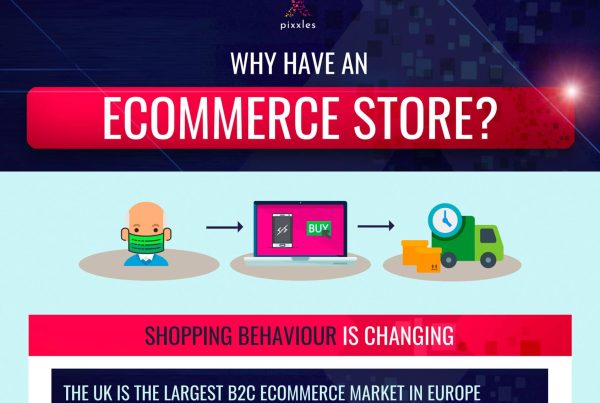With shopping becoming almost a completely digital experience, smaller online businesses can experience problems when huge booms occur in their online sales on occasions such as Black Friday and Christmas.
While this influx of online shoppers may seem like a blessing, it could prove costly for your business if you fail to factor this type of sales demand into your merchant account business plans.
To avoid disruptions to your transactions there are two big questions you will need to answer.
1. WHAT IS YOUR EXPECTED MONTHLY CREDIT CARD PROCESSING VOLUME?
Processing volume is the pound amount of monthly debit and credit card transactions you expect to process via your ecommerce merchant account every month.
Payment processors will set limits to this to prevent fraud and minimise liability. These limits will vary depending on the type of business you have. If you go over the monthly agreed-upon limit, your payment processor could view this as a higher risk for chargebacks.
While some processors may allow you to continue processing even though you have exceeded your monthly processing limit, others may not. That could stop your entire business in its tracks.
Because of this, you’ll need to think carefully about this question when filling out your merchant account application and factor in any anomalies that could significantly increase your transaction volume, such as Black Friday and Cyber Monday.
Once a processor approves your merchant account for a set monthly volume limit, you might have to negotiate hard to get that monthly limit increased.
The existing processor might request the following information when asking for an increase:
- 3 months of most recent bank statements.
- 3-5 years of previously filed business tax returns.
- A strong and valid reason for why the business needs an increase in monthly processing volume.
Unfortunately, these requests will cost you another essential resource: time.
After you submit this information, it may take as long as 3 weeks for your payment processor to respond. This situation could cause serious issues if you find your merchant account closed to its monthly limit.
2. WHAT ARE THE AVERAGE TICKET AND HIGH-TICKET LIMITS PLACED ON YOUR MERCHANT ACCOUNT?
The average ticket is the standard transaction amount your customer pays for your goods or services. For example, does your customer usually purchase one item at £100 or do they normally purchase three items at £100 for a total of £300?
The average ticket size is essential because some processors will place a low transaction pound limit on your account and a high-ticket pound limit to assist with risk checks. These limits also ensure your prices align with the products and services the processor approved during the underwriting process.
If you attempt to process transactions not aligned with your approved average ticket amount, your processor may place a hold on your account, bringing your business to a halt.
Similarly, if you try to process transactions that exceed the approved high-ticket limit, your processor will probably decline the transaction, causing you to miss out on a potentially big sale.
HOW TO AVOID ANY NASTY SURPRISES
You must review your monthly processing limit, average ticket size and high-ticket limit ahead of busy shopping holidays. Doing so will protect you from several issues, including holds on your merchant accounts which can cause you to miss out on potential sales.
Your customers will want a frictionless checkout experience, so any hiccups will likely have them taking their business elsewhere in the future.
However, it’s not all bad news. Some processors only place soft limits on merchant accounts, so it’s important to seek a payment partner that offers this kind of flexibility.
At Pixxles we have a dedicated risk team that will quickly review your merchant account for any anomalies, and we will work with you to ensure that your ecommerce business can continue growing and operating without interruption during the busiest times of the year.
Want to know more?
For more helpful hints on growing your eCommerce business, search #PixxlesPowerUps or visit our ‘News & Views’ page to read more useful blogs.








